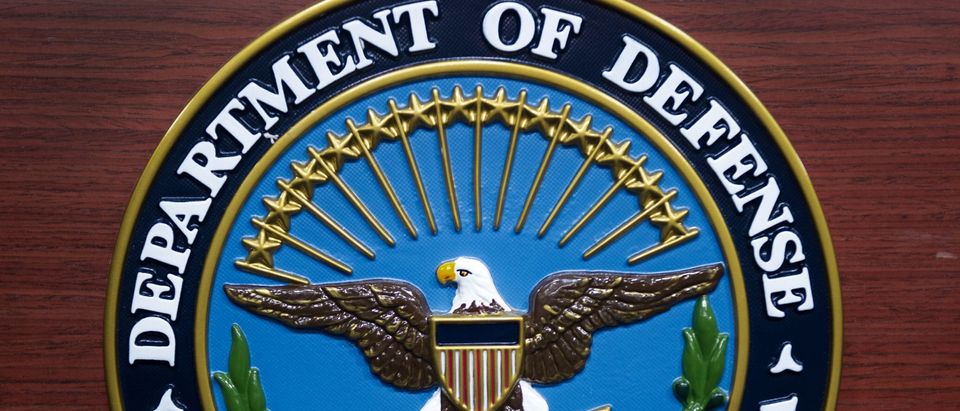The primary duty of the Department of Defense (DoD) is to defend our borders and population and to stay prepared for deployment cycles as the White House and Congress see fit.
Yet, distractions in the transportation section of DoD’s mission have piqued the interest of some Members of Congress who see potential mismanagement. During a time when readiness is paramount and the nation sees severe tension between Russia, the Ukraine and the U.S., Congress should investigate these transportation concerns. Mismanagement of defense resources is a problem the nation currently does not need.
Those of us that served in the U.S. military understand that the fighting force itself cannot do everything “in house.” There must be contractors, civilian talent and outside resources brought in to support both training and wartime operations. The efficiencies and outside expertise are paramount to allowing the military to focus on the “big stuff” like training new recruits, arming the force with safe and effective equipment, and deploying troops to support global and domestic missions. Supportive outside contracted services are numerous, some brief examples could and do include ammunition, vehicle manufacturing, training facility maintenance and food preparation. Further, we know previous defense projects have relied on partnerships with academic institutions.
There is a downside, however.
The Defense Freight Transportation Services (DFTS) contract was awarded in 2018. The contract represented one of the largest single-award contracts from the DoD. Since then, concerns have been raised about overbilling of the government and a perception that a single source contract may not be the best solution.
Democratic Illinois Rep. Danny Davis wrote a Feb. 14 letter to the General Services Administration Comptroller (GSA), the Defense Contract Management Agency (DCMA) and DLA Distribution raising concerns. In part the letter read:
“Recently, our office was made aware of the Government Services Administration (GSA’s) efforts to audit invoices related to the DFTS contract on the basis that it had found that the DFTS contractor overcharged TRANSCOM (Transportation Command) by $37 million dollars. As a result, the contract in question has filed a lawsuit against the GSA seeking to stop ongoing audits under the basis that the GSA is misinterpreting the contract and does not have the authority to conduct these audits. This effort to stymie oversight cannot be allowed to stand.”
Veterans advocates are starting to take notice of this issue as Congress begins to get involved, and it raises two important questions. Is this distracting the DoD from its defense mission and is single-source contracting a healthy doctrine to follow in the transportation contracting space?
There are several different solutions to fix these issues, but first congressional authorities need to probe this contract and learn more. Once they have gotten to the bottom of what is going on, we can consider solutions.
As the U.S. looks to make clear important foriegn policy positions involving Russia and other rivals, it is paramount that potential transportation failures not distract and bog down leaders at the DoD.
Christopher Neiweem is an Iraq Veteran and the Founder of the American Veterans Policy Network (AVPN), a news site dedicated to covering opinions of Veterans impacted by government policy. He has testified in front of Congress many times on issues of impact to the military and veteran population and is a contributor to Forbes.com and serves on Forbes small business council.


